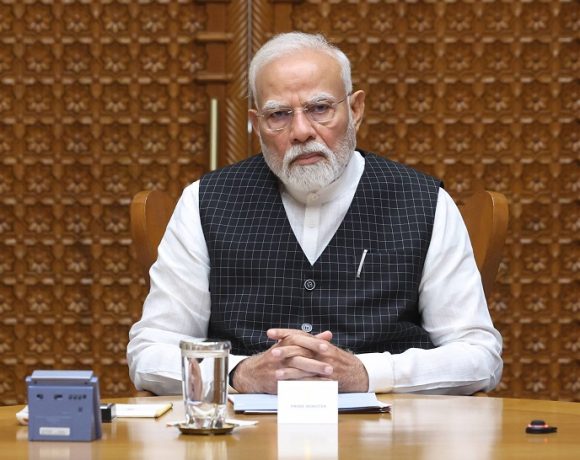
U.S. Bill Proposes Termination of OPT Program, Raising Concerns Among International Students
A new bill titled the “Fairness for High-Skilled Americans Act of 2025” has been introduced in the U.S. House of Representatives with the aim of terminating the Optional Practical Training (OPT) program. This program currently allows international students holding F-1 visas to work in the U.S. for up to 12 months after completing their degrees, with an additional 24-month extension available for those in STEM fields.
Proponents of the bill argue that OPT creates an uneven playing field for American workers, as employers hiring international students under this program are exempt from certain payroll taxes. The bill contends that this creates a financial incentive to prefer foreign labor over domestic talent, undermining job opportunities for American graduates.
Potential Impact on Indian and International Students
Should the bill be enacted, international students would be required to transition directly to an H-1B visa after graduation in order to stay and work in the United States. The H-1B program, which is already highly competitive and subject to annual caps, offers no guarantee of selection—raising serious concerns about the future prospects of tens of thousands of international students, particularly the estimated 97,000 Indian nationals currently benefiting from OPT.
This shift could create additional bottlenecks in the visa process, leaving recent graduates with fewer options to gain work experience in the U.S. and possibly forcing many to leave the country shortly after completing their studies.
Growing Concern Among Stakeholders
The proposed end of OPT has triggered anxiety among students, universities, and industry leaders alike. Educational institutions have warned that dismantling the OPT program may deter talented students from choosing the U.S. as a destination for higher education. Industry experts also highlight the loss of a valuable pipeline for skilled workers in high-demand fields such as information technology, data science, and engineering.
The OPT program has long been viewed as a bridge between academic training and professional experience. Its removal could weaken the competitive advantage of U.S. firms that rely on a globally diverse talent pool.
Outlook and Uncertainty
Despite the introduction of the bill, its future remains uncertain. Previous legislative efforts aimed at curtailing the OPT program have not progressed due to widespread opposition. As of now, no major action has been taken beyond the bill’s introduction, and it is unclear whether it will advance through legislative committees or reach a vote.
In the meantime, universities and student bodies are urging policymakers to consider the far-reaching consequences of such a move—not just on students, but on the innovation-driven sectors of the U.S. economy that benefit from a robust international talent pipeline.
As the situation develops, students and academic institutions are advised to remain alert, review their immigration options, and seek timely legal counsel to adapt to any potential changes.


















